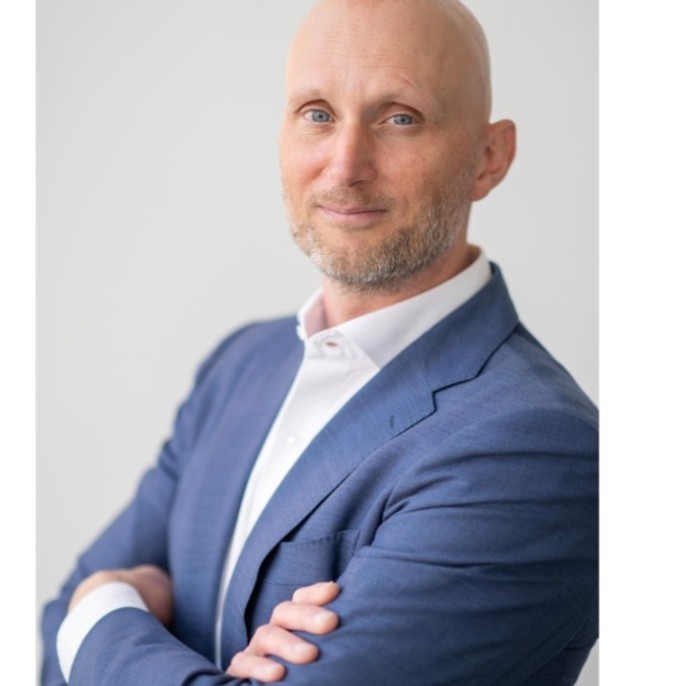"Business owners have a lot on their plate these days. Supply problems, energy problems, staff shortages, inflation, you name it. And on top of that is the fear that fraud will increase with the emergence of new technologies and become more difficult to prevent," says Richard van Essen, Fraud Sales Manager at Allianz Trade.
"A fraud insurance policy will absorb the financial losses, in any case, but you'd rather not let it come to that." Richard van Essen shares his practical experience. "What often happens is that criminals place an order on behalf of another company. For example, they claim that their regular supplier is unable to deliver. This has been an issue in recent years. They are looking for another supplier. This is music to the ears of any business owner. Checks are often carried out, but criminals are becoming increasingly sophisticated. The reality is that the order is accepted and delivery takes place. Usually, the delivery address is changed at the last minute. The criminals may even have rented a warehouse in the same street or around the corner to have the items delivered there. Sometimes they stand in the street to guide the truck that way with some excuse."
"And in the end, of course, the invoice is never paid." According to Richard van Essen, the email traffic surrounding the order will look extremely reliable. "There are minor discrepancies only in the tiniest details. You should really look out for that. Sometimes the email will actually be sent in the name of a business connection, after a computer break-in."
Pay attention to your own staff as well!
TIP from Richard:
Pay attention to your staff. Listen to their concerns and put employee satisfaction high on the agenda!

The fear of new technologies and digital fraud
What is the difference between cyber insurance and fraud insurance?
Richard van Essen explains the difference between fraud insurance and cyber insurance. "In practice, business owners with cyber insurance believe they are insured against digital forms of fraud, where a criminal impersonates someone else. It's only in exceptional or very limited circumstances that this type of fraud is covered by cyber insurance."
"Cyber insurance covers other specifics, such as the damage caused if your system is shut down by criminals. They release the computer system only after you pay the ransom. Or consider data files that are exposed through a hack. This is usually covered by cyber insurance. For false orders, false invoices (fake supplier, fake buyer, etc.) or fraud committed by your own staff, you need adequate fraud insurance in addition to cyber insurance."



